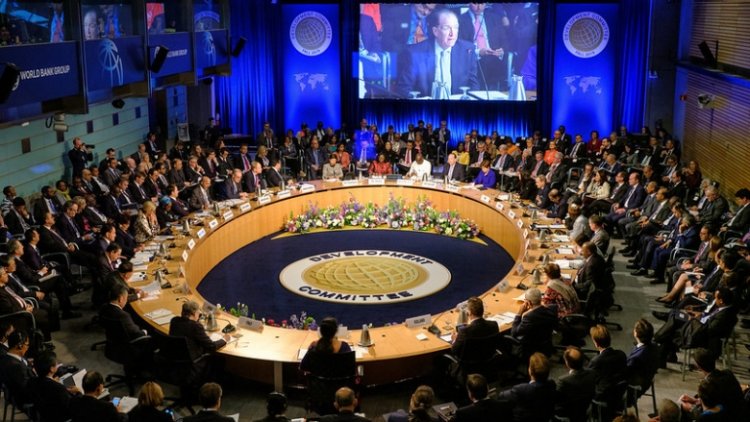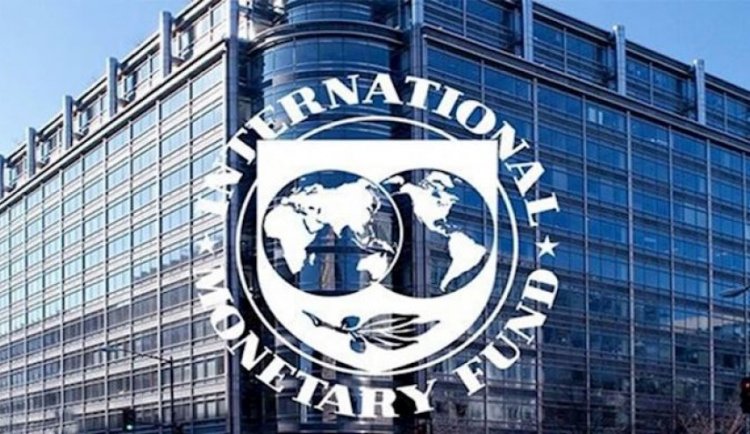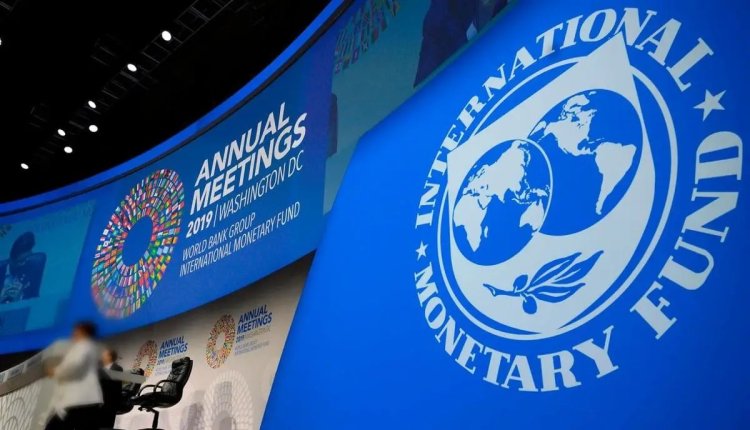$300 trillion global debt.. Emerging economies await raising interest rates
Inflation has remained in double digits since the Russian-Ukrainian war raged in the spring of 2022.

The preliminary results of the spring meetings held by the International Monetary Fund and the World Bank, since last April 10, reinforced fears of a global debt crisis due to the rise in interest rates.
The Institute of International Finance said that the volume of global debt during the first half of 2022 grew to $300 trillion, compared to $299 trillion at the end of 2021. The share of emerging economies is about a third of it, compared to $89 trillion in the first quarter of 2021.

Rationalizing the use of monetary stress
The statements issued by the officials of the majority of countries reflect their tendency to rationally use the mechanism of raising interest rates, or what is known as the policy of monetary tightening, to curb inflation, which will reflect positively on the financial markets and the movement of capital in companies.
A policy of rationalizing interest rate hikes would help low-income countries, especially since 15% of them suffer from a debt crisis, while 40% of other countries are approaching this possibility, according to statements by the Director-General of the International Monetary Fund, Kristalina Georgieva.
Egypt: Monetary Tightness Is Not the Solution
The Governor of the Central Bank of Egypt, Hassan Abdullah, said in press statements on the sidelines of his participation in the annual spring meetings of the International Monetary Fund and the World Bank Group in Washington, that the main focus of the Central Bank of Egypt, in the current period, is to curb inflation to a range between 5% and 9%, By the last quarter of 2026.

Abdullah explained that the current monetary tightening policy is not the only solution to get out of the high inflation crisis, and that there are other alternatives that are currently being studied.
Reducing inflation in Egypt
Inflation has remained in the double digits since the Russian-Ukrainian war raged in the spring of 2022, as it jumped to its highest level in 5 years, to 32%, last March, according to the Egyptian Middle East News Agency (MENA).
The core inflation rate fell to less than 40% over the past month, according to the latest rates issued by the central bank.
growth forecast
In the latest revised figures issued in January, the International Monetary Fund expected a growth of 2.9%, but what is new is that this trend may continue for a period. The Fund expects global growth of no more than 3%, at an annual rate until 2028, which is reflected, according to Georgieva. Our weakest medium-term forecast since 1990.
At the end of last March, the World Bank was more pessimistic, predicting an annual global growth rate of 2.2% until 2030, making this period the weakest decade in terms of growth in more than 40 years.
An unprecedented series of challenges
The expected growth reflects a significant slowdown, at a time when the world is facing an unprecedented series of challenges, ranging from the repercussions of climate warming and the risks of global trade fragmentation, and the possibility of a generalized debt crisis, which casts a doubly negative shadow over financial markets, as happened with the beginning of the Silicon Valley bank crisis. Collapsing American.
Faced with these problems, countries, led by the United States, are increasingly calling for reform of international financial institutions.


 Shrouq
Shrouq 












